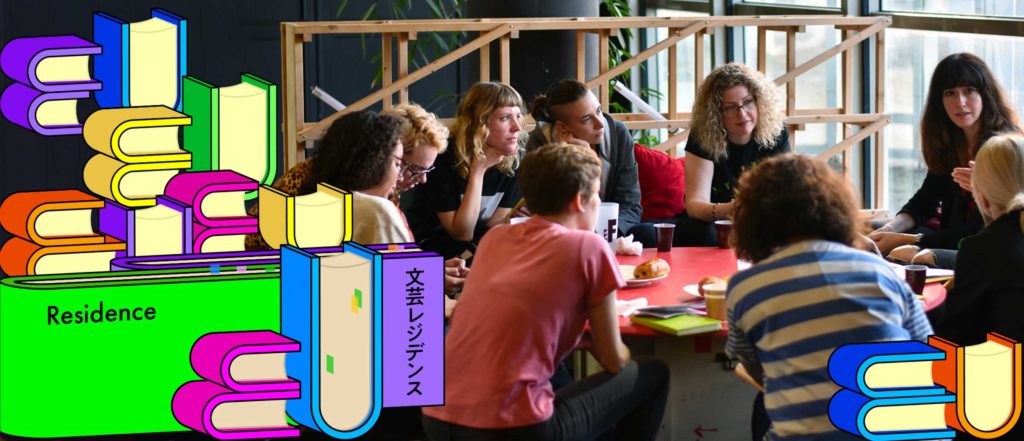Europe offers plentiful opportunities for writers to immerse themselves in their craft and develop their skills in inspiring settings. Browse current residency opportunities here.

The Kraków-Vilnius residency is hosted by the Kraków UNESCO City of Literature. The residency is dedicated to writers and translators from Vilnius UNESCO City of Literature. The Krakow Festival Office offers residents the opportunity to participate in the literary life of the city and helps to develop opportunities for them to promote their works in Poland.
The International Cities of Refuge Network (ICORN) was founded in 2005 in Norway, offering asylum to writers and defenders of human rights. The network includes about 70 cities, including the four Polish cities Kraków, Wrocław, Gdańsk and Katowice. Krakow was the first city in Central and Eastern Europe to join ICORN and provides ICORN writers with a safe place for continued creative and literary activity at Villa Decius. The villa has for many years been an important place of residence and reflection on human rights and freedom of speech for writers.
Since 2006, the Kolegium Tłumaczy (College of Translators) hosts residencies for groups of translators of Polish literature in Kraków. Since 2019, a similar program has been running in Warsaw, providing a quiet environment for translation work, library research, and meetings with authors and experts.
The Conrad Award, awarded for the best debut of the past year, is part of a municipal program to support Krakow’s UNESCO City of Literature debuts. It is a joint project of the City of Krakow, the Krakow Festival Office, the Book Institute, and the Tygodnik Powszechny Foundation. In addition to a statuette and a cash prize, the winner receives a month-long residency in Krakow in a guest room at the Book Institute.
Kraków UNESCO City of Literature has been a partner of the Literature category of the Polityka Passport since 2017. Each year, Kraków offers the laureate a month-long residency in the city, and provides conditions for comfortable and peaceful work. It is also an opportunity to meet the Kraków audience and to take part in meetings, readings in bookstores, as well as literary festivals, including the Conrad Festival.